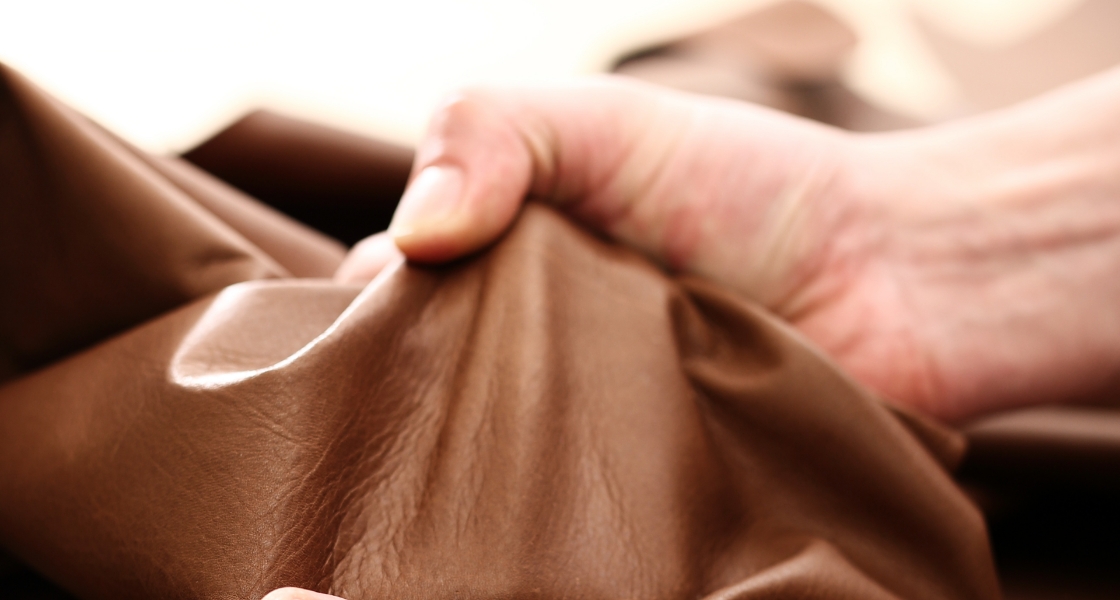Traceability facilitates a transparent and accountable industry.
The benefit of a traceable supply chain is a transparent and accountable industry where customers have the power to shop ethically. There is a clear trend worldwide towards increased traceability along the entire length of the leather value chain. This is being seen not only in consumer behaviour but also in increasingly stringent regulatory controls and legislation.
There are two main stages in Australia where the leather supply chain can be traced – from the paddock to the meatworks, and from the leather processor to export.
Benefits of traceability
From the paddock to the meatworks
- Farmers and feedlots are responsible for providing appropriate nutrition for animals, reducing any pain and stress, and identifying and managing animal welfare risks early.
- Transport operators are responsible for assessing the load on trains and trucks, maneuvering vehicles smoothly, and handling stock appropriately.
- Meatworks are responsible for ensuring livestock are assessed by a vet before processing, using low-stress handling techniques and reducing pain or distress.
- Everyone involved in the farming, transporting and processing of livestock is legally required to meet the Australian Animal Welfare Standards and Guidelines.
- Harvesters and meatworks are regularly audited by state government authorities, and farms, feedlots and meatworks are independently audited by AUS-MEAT.
- Traceability systems fortify the industry, offering insights on sourcing, deforestation, human rights, and sustainability pillars for market transparency.
Benefits of traceability
From the leather processor to export
- Major eligible Australian leather tanneries have a Leather Working Group (LWG) award and can demonstrate the relevant traceability levels associated with their award level.
- LWG rated tanneries worldwide have seen an average 35% reduction in water consumption, representing an estimated 12 billion litres of water saved each year.
- Leather processors are independently audited for compliance with the Australian Code of Practice for Processing of Hides and Skins for export by third-party provider AUS-MEAT and accredited by AHSLEA.
- Every export consignment of hides, skins and leather from Australia is accompanied by specific permits and documentation that indicate the animal species, quantity, product description and source.

